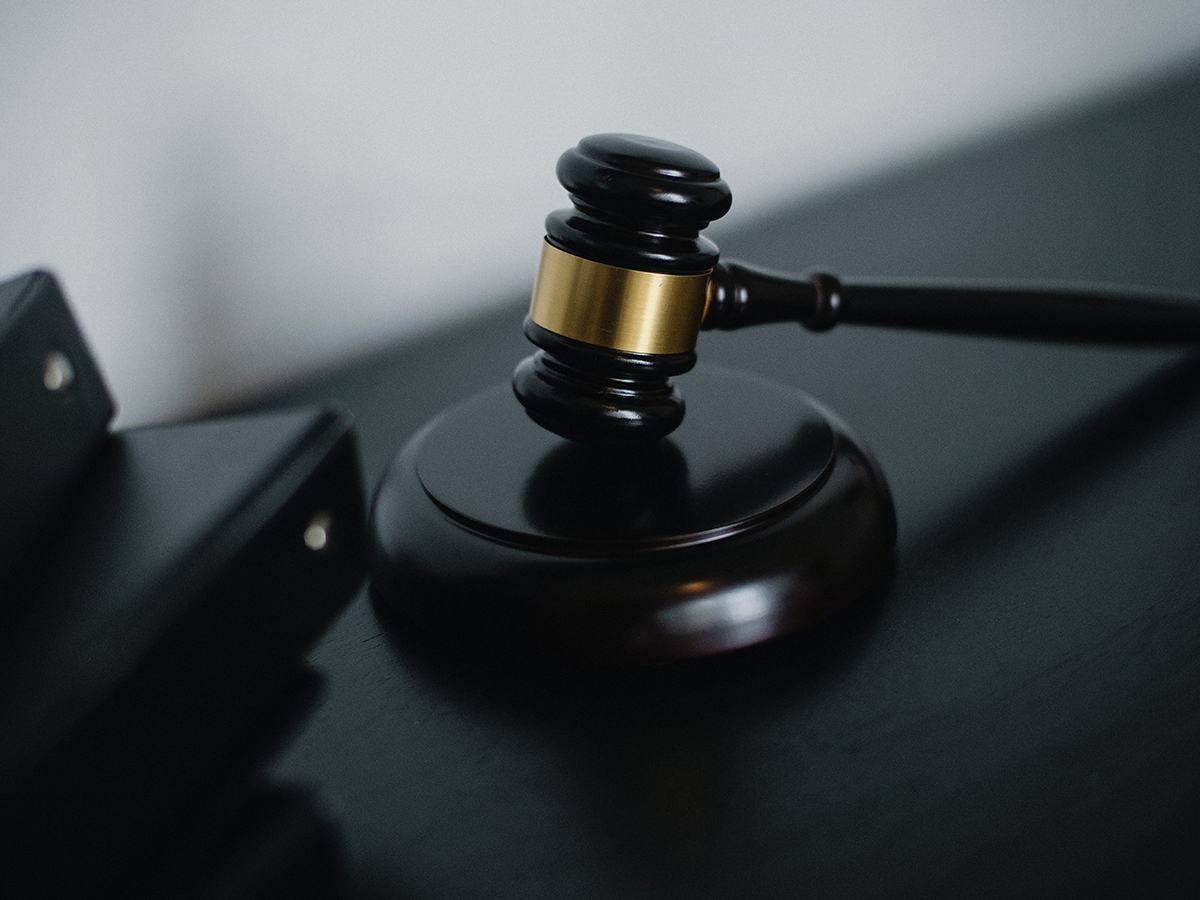
Republican Senator Ted Cruz consistently finds himself facing controversy, this time saying that he believes Democrats want “illegal aliens” and “child molesters” to vote. His vile claims seem to be advocating for voter suppression in the United States while arguing that however disgusting he and other Republicans are, they do not deserve to be censored completely because their speech is protected under the First Amendment. Censorship of an individual, press or group is simply forbidden by the U.S. Constitution, but that doesn’t necessarily mean that people should not be penalized for saying something that could incite violence.
Although hate speech is technically protected under the First Amendment, it can be cited as a criminal action if it incites aggression and influences them directly. This puts the words of Cruz and other Republicans into murky territory. We have seen that President Trump’s words may have helped incite the riot at the Capitol in January, in addition to multiple other times that he has implied and encouraged violence. In these instances, what he said could be sanctioned as hate speech since the effect of his words can clearly be seen. Because his words constituted hate speech that could be prosecuted as criminal, Trump was thus punished with his second impeachment. Twitter’s subsequent suspension of Trump’s account, additionally, could be seen as punishment rather than censorship, especially in the way that Twitter explained the removal of Trump’s account.
When it comes to the words of Cruz and other Republicans whose platforms have not been removed, it is likely because their words have not directly incited violence — yet. And while Twitter could take the route of also suspending their accounts, it simply cannot be denied that ー like it or hate it ー Cruz’s words are protected by the Constitution. Unless a direct call to arms is taken as a result of politicians’ words, they should not be censored or have their accounts suspended because of it.
However, penalizations should still be in place in the same way that they are for regular social media users. Temporary suspensions could be imposed upon people who say something particularly heinous, regardless of whether they are a civilian or civil servant. It isn’t hard to argue, though, that the court of public opinion will penalize the politician anyway for whatever they say. After all, it is the right of a politician to state what they believe, and it is the right of the public to criticize it. Speech becomes truly dangerous when it is weaponized, as can be seen in Trump’s case. Although, even in a turbulent America, we should not remove anyone’s right to speak what they believe in unless it directly incites violence against someone.
The danger of believing that it is ethical to censor one party and not the other is that once it is deemed okay to determine what is worthy of censorship and what isn’t, then that goalpost can be moved however anyone believes. Though censorship does seem like it could save everyone a great headache from hearing from those on the other side of the political spectrum, once a standard is set for what speech is allowed and what is not, greater problems are afoot. No one wants to hear things that are offensive or threatening, but the First Amendment protects that speech regardless. Though speech can be offensive or demeaning, if we start removing speech, then anyone could be censored at any time, which is what the Constitution is meant to help avoid. There was a time where we could not speak against our government officials without the risk of prison or worse. Just as politicians can say what they please, we can take the same amendment that protects their speech and speak up against why they are wrong in saying those hateful things.
The discussion of censorship is touchy and difficult to navigate, especially in American society where constitutional rights are hotly debated to this day. But in the instance of the First Amendment, we must tread carefully when we consider censoring politicians. We should punish them if they incite violence, but if they are saying things that are gross and wrong, we can punish them by writing articles condemning their words or shame them publicly, as it is our right to do so as much as it is theirs. As Voltaire said, “I disapprove of what you say, but I will defend to the death your right to say it.” We must not let political biases get in the way of rights.







